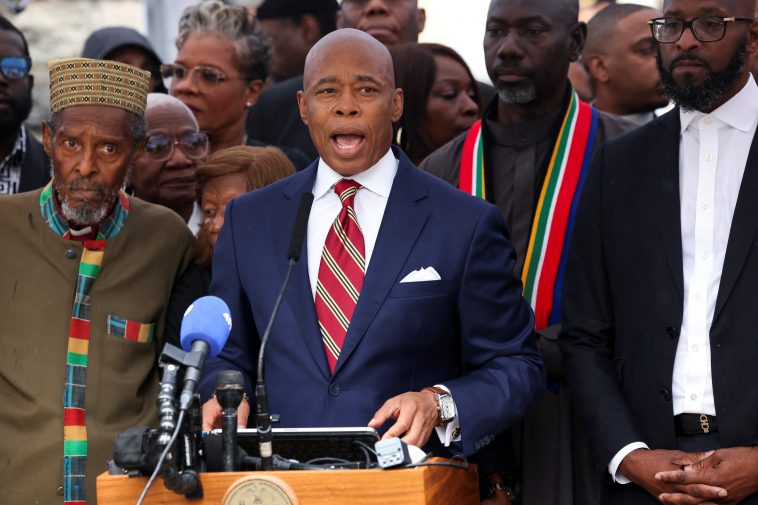Last week, an incident that threatened to erupt into a serious scandal was considerably scaled down after some time for reflection. The matter at hand was the cancellation of the indictment for public corruption levelled against New York Mayor Eric Adams, with updated interpretations of the sequence of events suggesting more of administrative miscalculation rather than intentional malfeasance. The allegations against Mayor Adams includes five counts of bribery and campaign finance violations, which were disclosed to the public by the U.S. attorney for the Southern District of New York on Sep 26, 2024.
Mayor Adams found himself being accused of engaging in illicit transactions with the Turkish government, with claims that he had received campaign donations, heavily discounted airline tickets, complimentary high-end accommodation, and exquisite meals. This clandestine agreement between both parties, it was claimed, enabled the Turkish government to benefit from certain preferential treatments. One key allegation pointed out that Adams had assisted the Turkish government in matters concerning a building inspection issue during Turkish President Erdogan’s trip to New York in September 2021.
In the wake of the indictment revelation, the pressure started mounting on the Mayor to step down from his position, spearheaded by a cohort of influential New York Democrats. Adams, however, remained unfazed by these calls for his resignation, proclaiming his innocence in the face of these charges. A trial was due to commence on April 21, 2025 – overlapping with Adams’ re-election campaign, creating a potentially precarious situation.
A twist in the tale came in the form of a directive from Emil Bove, the acting deputy attorney general, who ordered the prosecutors from the Southern District of New York to repeal the charges against Mayor Adams. An intriguing aspect of Bove’s order was the provision for reintroducing these charges at a later date, which also subjected the entire scenario to a comprehensive review by the U.S. attorney’s office.
Bove reiterated that his decision to discard the charges was not based on the quality of the evidence presented in court or the legal arguments underpinning the case. He emphasized that the case against Adams relied heavily on aggressive interpretations of both the facts presented as well as legal theories. Underlining the challenge, he pointed out that for a valid quid pro quo charge to be established, one needs tangible proof of an official performing an act in lieu of receiving monetary benefits or rewards.
This decision however, faced significant pushback from a number of prosecutors in the Southern District of New York office, leading to numerous resignations. Thus, the consequences of this debacle are still unfolding, making it a matter of ongoing concern.
The situation beckons a reflective question – was this tumult unavoidable or was there a possibility to manage it better? As per current analysis, it appears the chaos could have been better handled. One might wonder whether the unfolding events bare resemblance to the notorious political scandals of the past or is it just a showcase of government officials, including Bove and his superiors, scrambling to make sense of a situation that went out of their control?
Though it’s yet unclear whether the Adams incident will escalate or remain at its current intensity, it has already brought some important realizations. Considering the myriad issues bubbling in the early days of the administration, the full extent of the implications are still to be ascertained. But, at the very least, this episode should serve as a wake-up call for the Justice Department in terms of tactfully handling cases that are politically delicate in nature.


